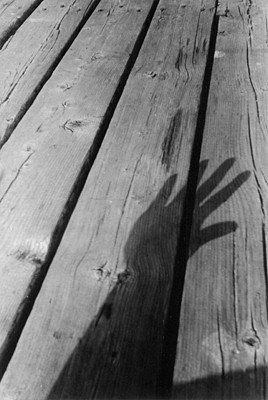All Nonfiction
- Bullying
- Books
- Academic
- Author Interviews
- Celebrity interviews
- College Articles
- College Essays
- Educator of the Year
- Heroes
- Interviews
- Memoir
- Personal Experience
- Sports
- Travel & Culture
All Opinions
- Bullying
- Current Events / Politics
- Discrimination
- Drugs / Alcohol / Smoking
- Entertainment / Celebrities
- Environment
- Love / Relationships
- Movies / Music / TV
- Pop Culture / Trends
- School / College
- Social Issues / Civics
- Spirituality / Religion
- Sports / Hobbies
All Hot Topics
- Bullying
- Community Service
- Environment
- Health
- Letters to the Editor
- Pride & Prejudice
- What Matters
- Back
Summer Guide
- Program Links
- Program Reviews
- Back
College Guide
- College Links
- College Reviews
- College Essays
- College Articles
- Back
Social Media and This Generation
Over the past decade or so, social media has integrated itself into almost every aspect of our lives, and there is no doubt that it is changing the way we live. It is present in almost everything we do, in one way or another, and nowhere is it more present than in the way we communicate with each other. But is this new trend of the way we speak, write and interact necessarily a bad thing?
Social media is a now huge part of our lives, and it is not going to go away. Recently, the topic has made national headlines, spurring an intense debate over whether or not social media is changing our language for the better or the worse. However, this evolution of language is not a new trend. Over the course of history, since the very dawn of language itself, things evolve, new words are created, and new ways we communicate catch on. Shakespeare himself created over one hundred new words. In a review of “Writing on the Wall” by Tom Standage, he lists nearly half a dozen examples of major events that changed the course of our language, including literacy in the Roman Empire, Martin Luther’s 95 Thesis, the invention of the printing, and more recent advances in newspapers, radio and television.
A generation ago, students were taught to speak and write with perfect grammar, a formal tone and wordy, drawn out sentences that greatly suppressed their ability to communicate their feelings on a more personal level. Today, with the new form of speaking that was created along with the emergence of social media, things like our favorite “text lingo,” short, choppy sentences that get your point across more easily, and the friendly tone created by being a click away from your audience make our new form of communication more personal, allowing us to appeal to our audiences feelings in a whole new way. Claire Wood, a professor at Coventry University, has been examining the way her students write for nearly twenty years, and has seen the switch between formal and social writing happen in her own classroom. Professor Wood claims that the way her students write today is far superior than the way she was taught to write, due to the feeling of being closer and more connected to the author.
An infographic from www.cordlessphones.uk.com shows just how widespread social media platforms are throughout the world. Globally, there are over five-hundred million users on Facebook, by far the most used site. Following Facebook is Twitter, with close to one- hundred and fifty million users, along with another one-hundred and fifty million accounts between LinkedIn, Tumblr, Google+ and Instagram. With so much of the global population connected to each other, perhaps one of the greatest advantages of social media is revealed: the fact that virtually anybody can be an author. When hundreds of your followers can read what your write within a matter of seconds, everybody these days has the ability and resources to be an author, contrary to past trends when only the “professionals” could.
On the other side of this topic, many people bring up the point that, while everybody is connected, the new way we communicate is distant, and that the good old “face to face” way is ideal. I would argue, however, that this face to face communication is still alive and well. As a student, I witness firsthand how the art of conversation off the internet has not disappeared altogether, but instead has only evolved into something people opposed to it don’t recognize.

Similar Articles
JOIN THE DISCUSSION
This article has 0 comments.
